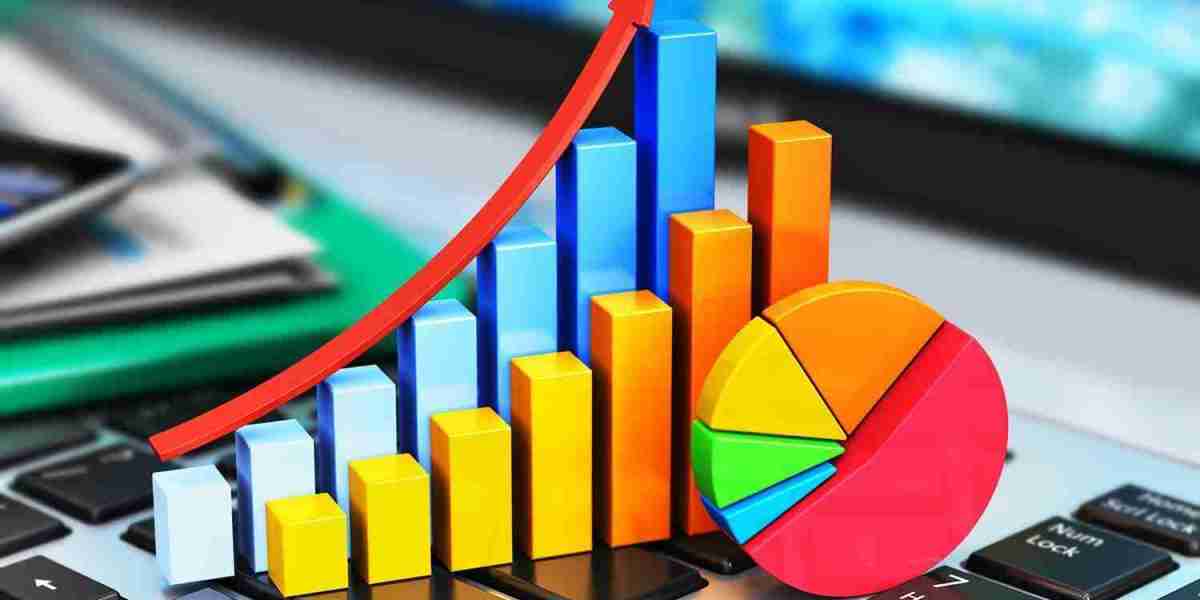Disruptions are not new to the ever-changing supply chain business ecosystem. Whether economic, global, or environmental, the supply chain always faces discrepancies while delivering products from the manufacturing floor to the customer's doorstep. Balancing the perfect middle ground in these hurdles is something that every business looks forward to. This is where sustainability in the supply chain comes into play.
Supply chain sustainability has come into focus because businesses relevant to the supply chain utilize many resources and cash flow and are frequently a source of unwanted waste. Henceforth, sustainable supply chain practices have become a significant goal for business leaders. Organizations have started to evaluate their products and services' societal and environmental impact from the beginning to the end of their life cycles.
This article will explore supply chain sustainability and how agile technological solutions can empower your business to scale while reducing its waste.
What Is Supply Chain Sustainability?
Supply chain sustainability refers to organizational efforts to evaluate the human and environmental impacts of their product's journey via the supply chain, from raw materials sourcing to production, storage, delivery, and every minuscule link. The idea is to reduce environmental impacts from factors like waste production, water consumption, and energy usage while positively affecting the communities in and around their operations. These concerns include legacy supply chain concerns around revenue and profits.
How can we make the supply chain sustainable?
Businesses worldwide have taken vital steps to reduce their carbon footprints, cut back on waste, and improve labor conditions. By tracking and monitoring sustainability in supply chain management, they monitor multilayered programs that prioritize renewable energy, recycle materials, or encourage social responsibility among suppliers.
Furthermore, organizations can utilize advanced technology and pre-defined rules to ensure that products are not being shipped unnecessarily, like ensuring that products are sent from the closest distribution center rather than one on the other side of the country.
Importance of sustainability in the supply chain
Research over the years has shown that, for most businesses, the supply chain has a sizable impact on the environment. By its very structure, the supply chain often involves high-energy-consuming processes and transportation as products are made and moved worldwide. That's why companies can usually make the most significant difference by making small changes to their supply chain compared to other business operations.
The complexity of supplier relationships and extensive transportation also make supply chain sustainability challenging. This difficulty can hinder visibility into critical operational processes, such as labor conditions at the supplier facility a thousand miles away.
Challenges of supply chain sustainability
Cost is the first impediment to supply chain sustainability, with smaller firms finding it difficult to afford the costs of making a supply chain sustainable. However, an influential investment in compact packaging can lead to a bit reduction in the size and number of total shipments, a reduced environmental impact, and overall cost savings over time.
Other organizations find that there aren't sustainable options available for components or that they've inherited the supply chain from acquisitions that are problematic to shift towards more sustainable goals due to its complexity or business structure. These hurdles can be mitigated, but most research and surveys have indicated that customers are uninterested. This makes it difficult for some businesses to justify the extra expenses or efforts.
Types of challenges businesses experience to achieve supply chain sustainability:
- Numerous stakeholders, suppliers, and partners create supply chain complexity.
- The limited availability of sustainable technology solutions results in more discrepancies.
- Global situations, geopolitical issues, and resource scarcity add more pressure to risk management.
- Striking a balance between short-term and long-term goals can be difficult due to limited accessibility.
- Gathering accurate data reflects in informed decision-making processes.
Benefits of supply chain sustainability
- Effective cost control
A commitment to enhancing efficiency and reducing waste is at the core of any sustainability initiative. Utilizing raw materials more effectively, recycling, and reducing packaging materials allow you to reduce your costs and carbon footprints. But with intelligent and agile technological solutions, you can go one step further. You can approach greener methods in your products and manufacturing process from the operational line to the customer's front door. Sustainable product designs enable you to control costs and reduce waste.
- Brand value and reputation
It's no secret that customers are likelier to be loyal when they see your business resonates with strong environmental and social responsibility. Consumer awareness and preference for sustainable organizations have been vastly increasing for decades, and customer demand planning for modernized supply chains and business practices is at an all-time high. In this ever-changing business ecosystem, supply chain sustainability is paramount.
- Curtailing risk and vulnerability
It looks like every few years. We hear a story about how a dangerous and tainted product slipped through the cracks and entered the supply chain. Quite apart from the devastating outcomes of anyone getting hurt. Enhancing sustainability measures for your products and services can prevent such scenarios. Sustainability in the supply chain is here to stay for the betterment of your customers and the entire global economy. If your business is looking for a technological solution that can transform your supply chain and make it more sustainable and profitable, then Avercast can come to empower it.
Unlock sustainability in the supply chain with Avercast
Avercast, a division of TransImpact, delivers state-of-the-art Supply Chain Management Solutions to boost operational efficiency and end-to-end visibility. Our advanced solutions empower businesses to enhance revenue, cut excess inventory carrying costs, and reduce stockout situations. To discover more about our solutions, schedule a demo or talk to our experts.



